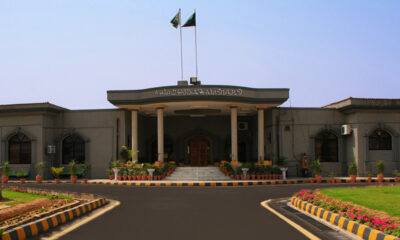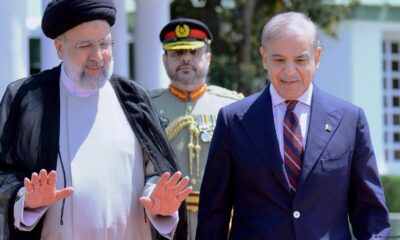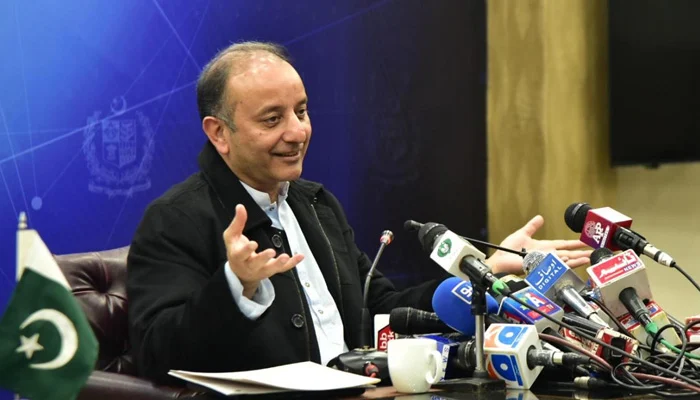Russia also agreed to export petrol, diesel to Pakistan.Talks on key pipeline projects also made progress.Russia doesn’t have LNG right now, talks underway.
Minister of State (Petroleum Division) Musadik Malik Monday said Russia had agreed to provide crude oil as well as petrol and diesel to Pakistan at discounted rates.
“Our visit to Russia turned out to be more productive than expected,” Malik said addressing a press conference after the return of the Pakistani delegation from Russia, adding that a Russian delegation would also visit Pakistan next month.
A Pakistan delegation comprising State Minister for Petroleum Musadik Malik, Secretary Petroleum Capt (retd) Muhammad Mahmood, Joint Secretary and officials of the petroleum division was in Moscow to explore possibilities of buying Russian crude oil and other petroleum products at discounted rates.
Malik said Russia did not have Liquefied Natural Gas (LNG). “Talks with Russia private firms are underway for the import of LNG, while we have also engaged Russia’s state LNG producers,” Malik said.
According to the state minister, significant progress has been in talks over the pipeline projects with Moscow.
Last week, The News, quoting sources, reported that Pakistan’s delegation asked for a 30-40% discount on Russian crude oil during talks in Moscow, but the Russians said they could not offer anything right now as all volumes were committed.
During talks on the gas pipeline projects, Moscow asked Pakistan to first honour its commitment to the flagship project of the Pakistan Stream Gas Pipeline (PSGP) to be laid down from Karachi to Lahore, Punjab.
In their response, the Pakistani team proposed to change the model of the PSGP project. The Russian side said that the model of the project under GtG (government-to-government) arrangement had already been settled, save for some clauses of the shareholding agreement, which would soon be finalised.
Talking to the journalists, Malik said the country required one percent additional energy to meet the demand.
To a question, he said the government would ensure uninterrupted gas supply to households during cooking hours. “More gas is being supplied to the domestic sector in December 2022 compared to the last year,” the minister said.
He added that the country was importing 20,000 tonnes of Liquefied Petroleum Gas (LPG), and Iran had announced to supply 2 million pounds of extra LPG in the next ten days.
He said Prime Minister Shehbaz Sharif had directed that the country should be made self-reliant in agriculture, while the industry’s chimneys should always be smoking as it was a sign of employment and progress.
“Jobs are tied to economic growth. We will have to take our GDP growth to 7%.,” Malik said.

 Latest News2 days ago
Latest News2 days ago
 Latest News1 day ago
Latest News1 day ago
 Latest News1 day ago
Latest News1 day ago
 Latest News2 days ago
Latest News2 days ago
 Latest News1 day ago
Latest News1 day ago
 Latest News2 days ago
Latest News2 days ago
 Education2 days ago
Education2 days ago
 Latest News2 days ago
Latest News2 days ago
























